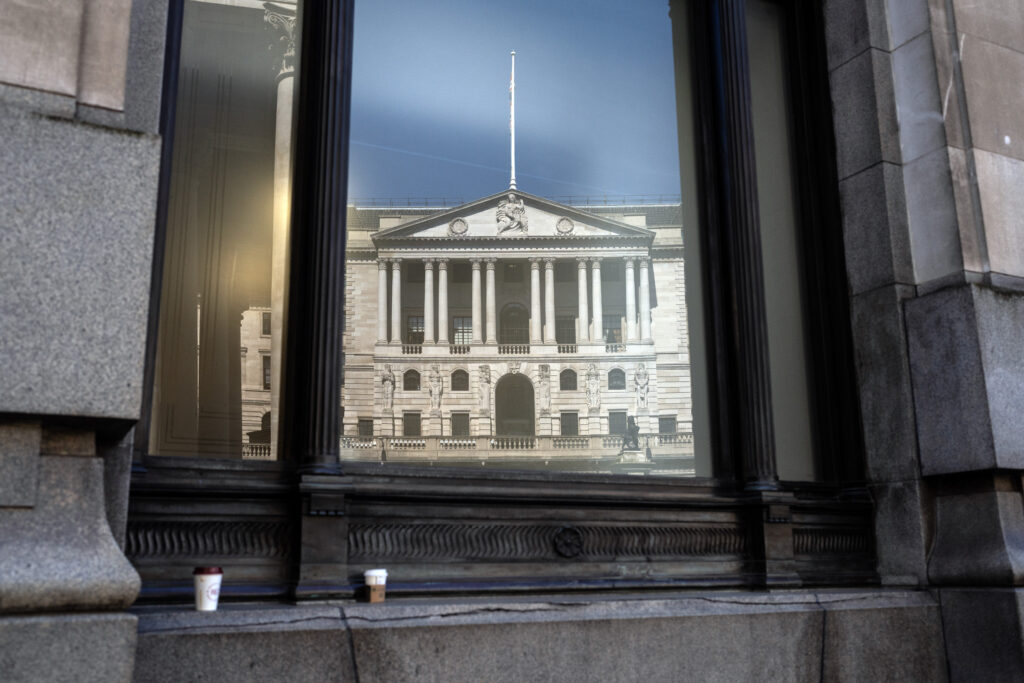The EU already started bringing its reforms into effect at the turn of the year — and would have to reopen contentious legislation to delay further.
“They [the U.K.] went for the whole package,” said a second banking lobbyist. “And that’s what the EU cannot do without a good amount of legal gymnastics.”
The European Commission does have the power to delay part of the international rulebook that affects banks’ trading books — which will likely be the most impacted by Trump’s administration — without having to resort to more legislation.
 The Bank of England meanwhile wanted to give banks clarity and the breathing space of a least a year to get ready, as it was due to publish its final rules this January. | Carl Court/Getty Images
The Bank of England meanwhile wanted to give banks clarity and the breathing space of a least a year to get ready, as it was due to publish its final rules this January. | Carl Court/Getty Images
But the EU executive has already delayed those measures by one year, until January 2026, and its own legislation only allows it to postpone the rules for up to two years. So Brussels has an incentive to find out exactly what Trump, and in turn the U.K., will do before deciding on its plan of action.
The BoE meanwhile wanted to give banks clarity and the breathing space of a least a year to get ready, as it was due to publish its final rules this January.
Plus, the resignation of the Federal Reserve’s top banking cop, Michael Barr — who left to avoid a clash with Trump — only raised the uncertainty for the U.K. central bank.
